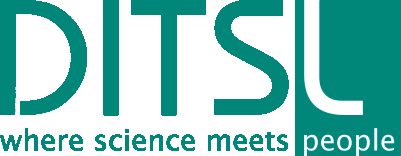DITSL’s social-ecological research programme takes an actor-oriented approach to address complex problematic situations, such as food insecurity and poverty, and to facilitate innovation processes.
Transdisciplinarity, the close cooperation of different societal actors and researchers from various academic disciplines, is core to our work. It is implemented as a collaborative learning process that starts with identifying actors and establishing a cooperation, and ends with applicable and tested solutions or new practices that ‘work’ under the specific conditions and constraints faced by the actors.
Actor-oriented approach
We conceptionalise farming and food systems as human activity system. This puts the human actors at the center of the innovation processes. In agricultural development we consider that farmers have established and maintain their farms through their activities, and that it is also them that can purposefully change or transform their systems through their actions and decision making. Other actors, e.g. market partners, consumers and policy-makers, influence the decisions taken ‘on the ground’ and contribute to outcomes in terms of income generation, food and nutrition security, equity, sustainability and resilience. In the innovation processes we therefore use an actor-oriented approach and focus on the various actors and their activities.
Our methods
We make use of a wide array of social science methods, including for example narrative and semi-structured interviews, observation and simulation exercises, and participatory video, to explore the context in which innovations must function.
We further use system science and management tools for analysing farmers’ knowledge, identifying entry points for innovations and facilitating change.
Cooperation among actors and value chain development are supported by stakeholder analysis and multi-stakeholder processes.
The collaborative learning process, which is at the ‘heart’ of our research activities, relies on action research and other group-based and experiential learning methods. Participatory Monitoring and Evaluation (PM&E) tools help strengthen innovation capacities in the longer term.


